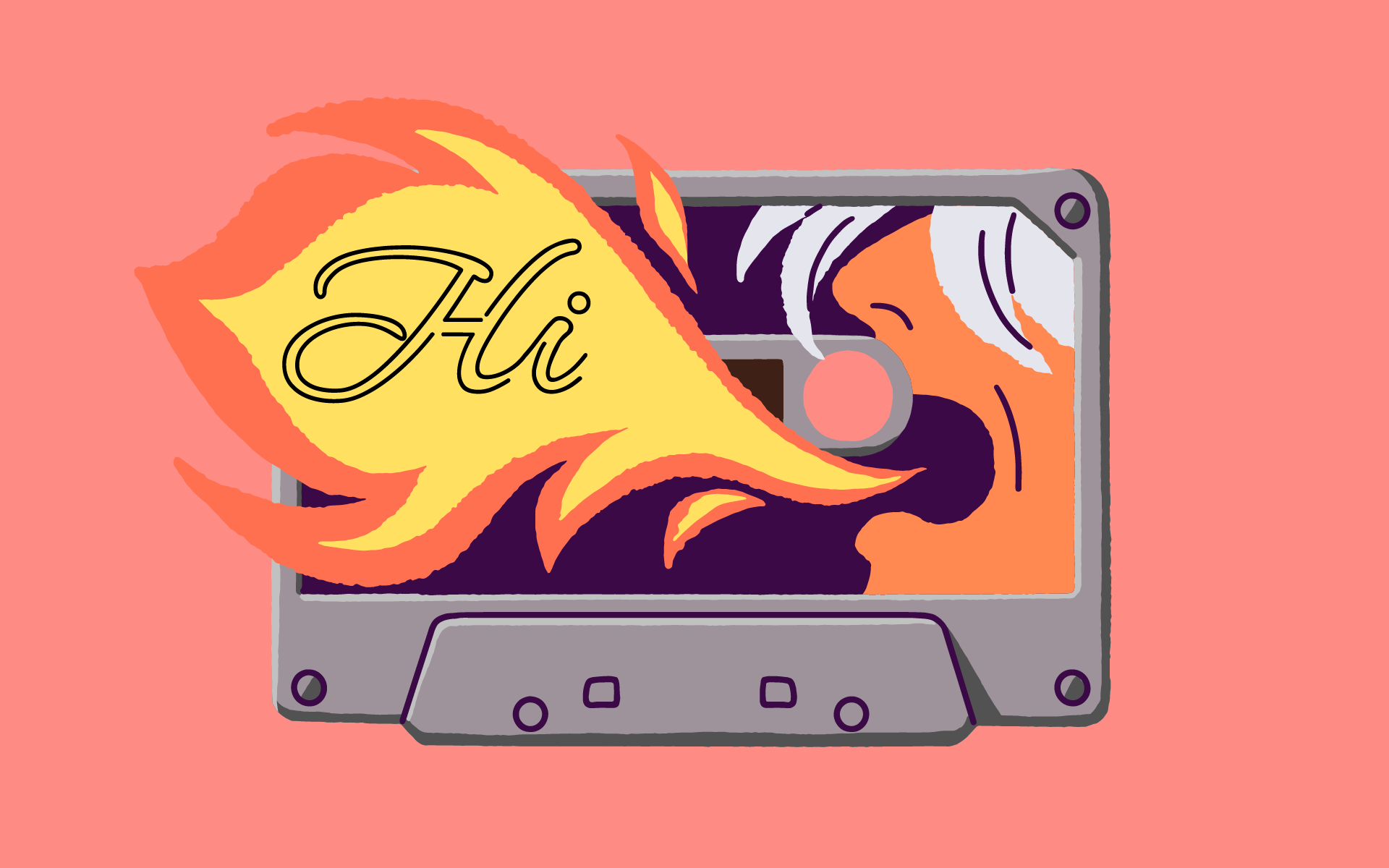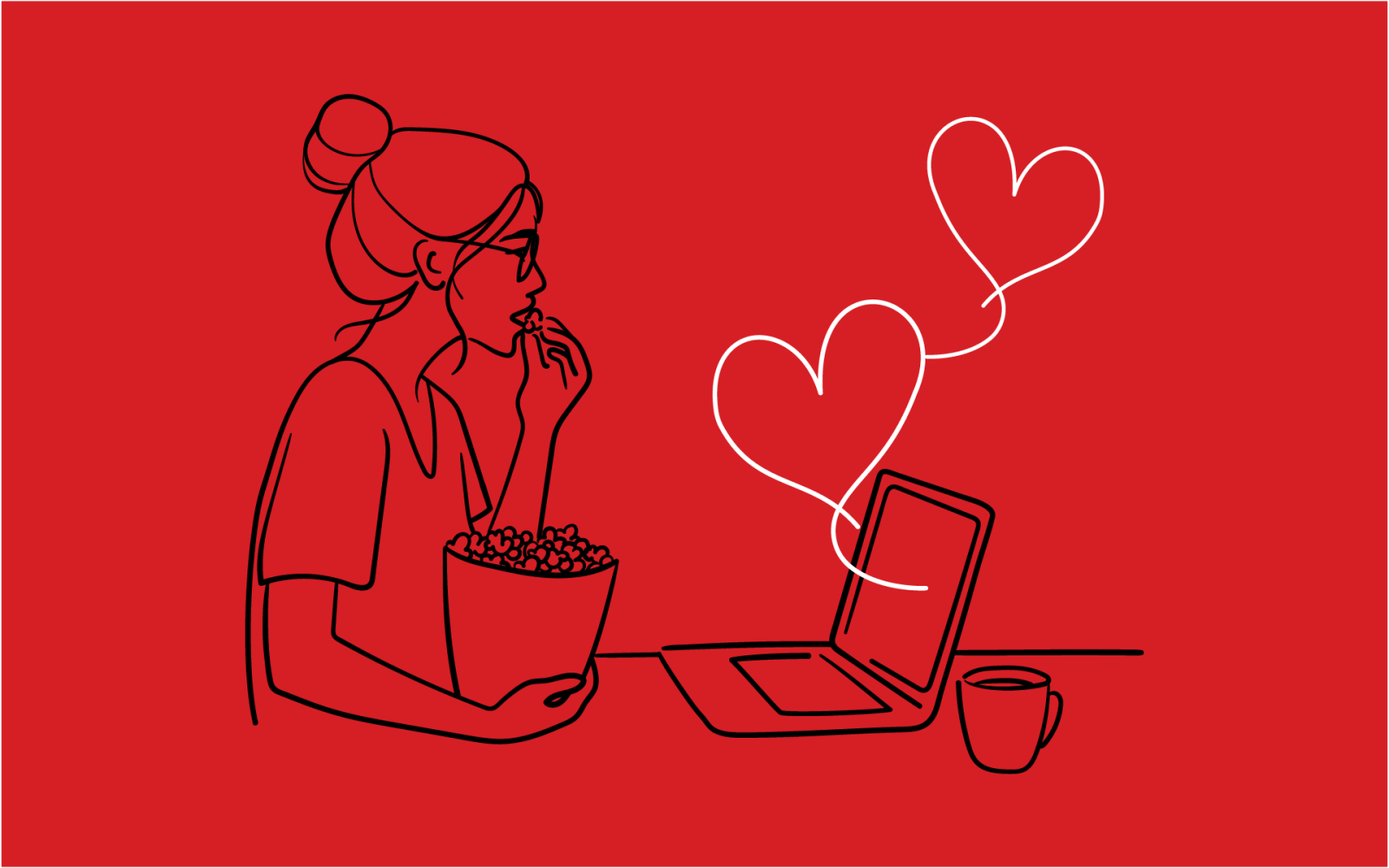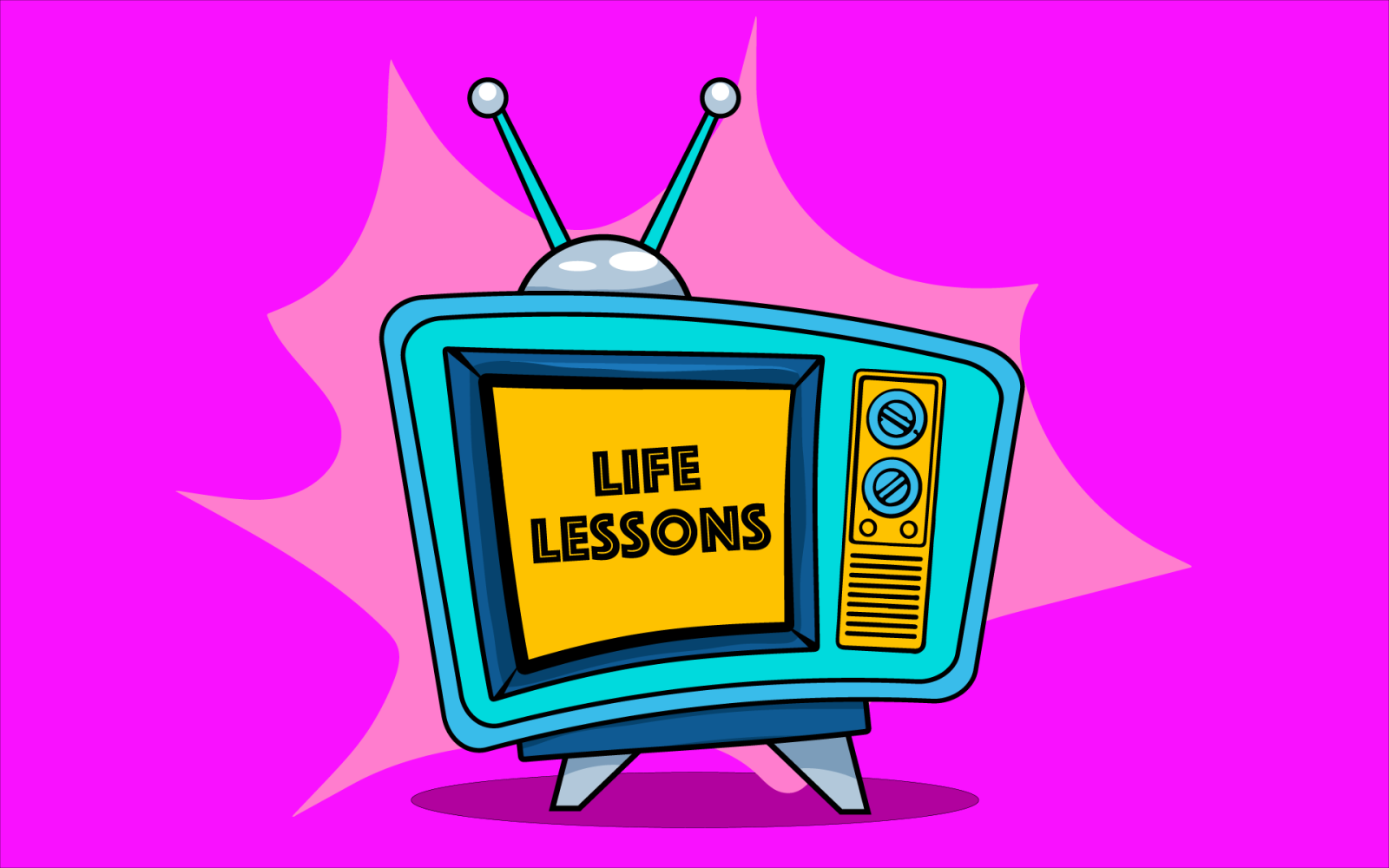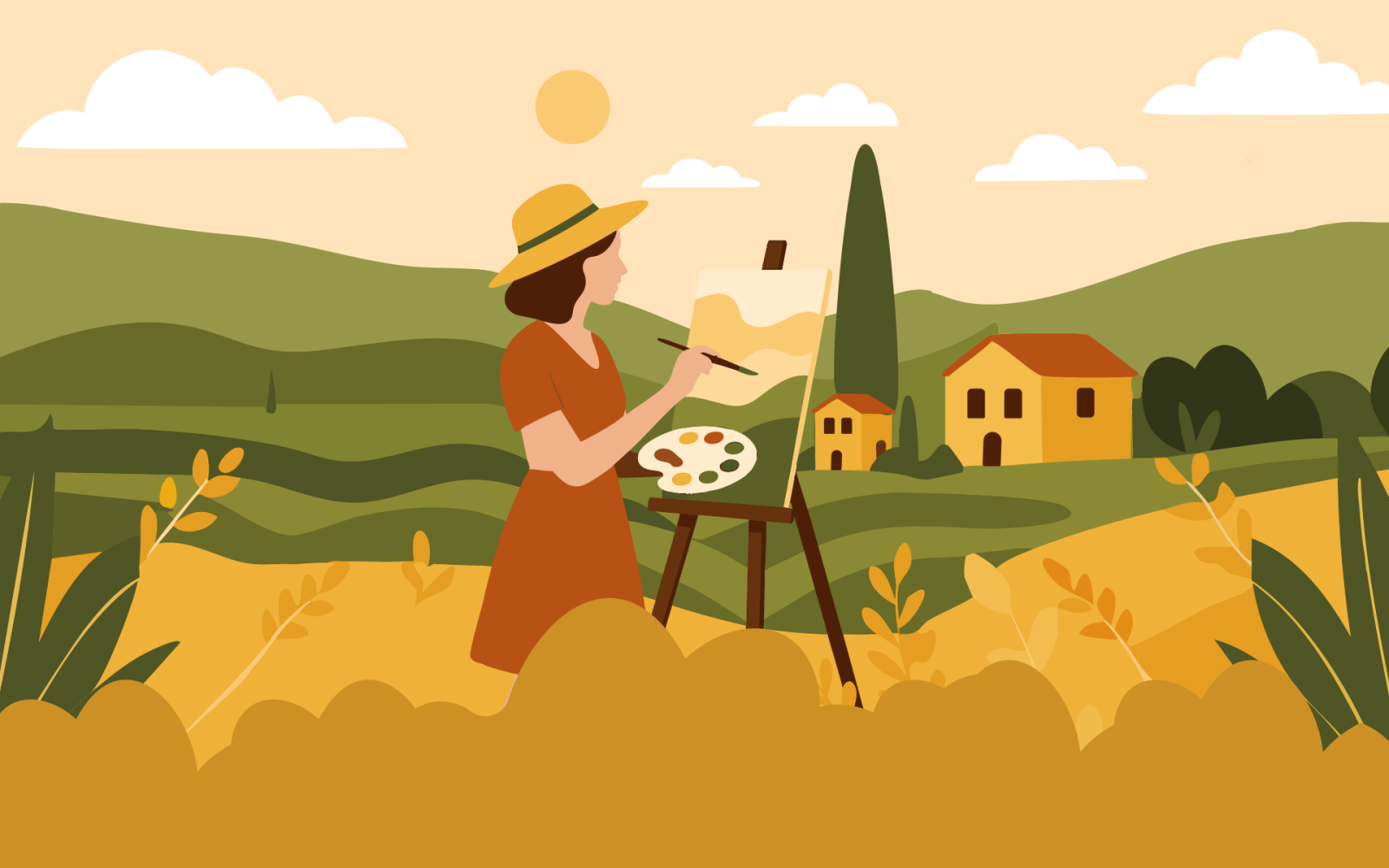I don’t want to Bragg, but I got a “hi” from Billy!

His music spoke to me, so all I wanted to do was speak to him.
I was crammed in the backseat of the Smartie Cup – a Toyota Corolla splashed with colourful drawings of flowers, butterflies, and rainbows.
It was the early 1990s, and a bunch of us were at the student bar when someone suggested we go camping in Magaliesberg.
We didn’t have a tent or a map — we just had the Smartie Cup, a sense of adventure, and a bottle of Old Brown Sherry.
So, five of us squashed into the Smartie Cup to find Utopia – the name of the camping spot about an hour away.
Five hours later, we conceded we were hopelessly lost.
I would have traded my sense of adventure for a map. (I would have traded the Old Brown Sherry, but we’d quaffed that in the first hour.)
We had not only run out of sherry, we had also run out of conversation.
Somebody scratched around in the cubby hole, fished out a bootlegged tape, and pushed it into the cassette player.
It was Workers’ Playtime, an album by the British musician Billy Bragg. (It would have been more appropriate if it were his album Victims of Geography.)
It was the first time I’d heard the rasping punk-folk rocker and, as it was the only tape we had, we played it on a loop.
The album was a mix of stirring protest songs – There’s Power in a Union and Waiting for the Great Leap Forward – and tender love songs, Little Time Bomb and Valentine’s Day Is Over-.
Maybe it was because I had recently been dumped, but Billy’s lyrics struck a chord as he documented love falling apart.
Love had been cruel to him, just like it had been cruel to me. His songs went down as smoothly as the sherry.
We eventually found Utopia — it’s never where you expect it — but I couldn’t wait to get back in the car to continue listening.
Back home, I searched for Bragg albums, which was not easy because he supported the cultural boycott against apartheid.
Fortunately, my dealer at Hillbrow Records had ways and means. I locked myself in my room, binging on my new collection.
I found solace in The Saturday Boy on Talking to the Taxman about Poetry as Billy crooned: “I never made the first team, I just made the first team laugh”.
It’s difficult to describe the impact his music had on me over the next few years.
It was as if he had tapped into my life, articulating my fears, insecurities, and hopes, and turning them into comforting lyrics.
Billy’s love songs spoke to me, his humour appealed to me, his up-yours-to-the-establishment buoyed me, and his sense of fairness and justice (what people describe as “politics”) resonated with me.
Billy, the “milkman of human kindness”, as he calls himself in another of his songs, uses music as a tool of healing and solidarity.
Listening to him made me realise that music has the power to help us through difficult times. It helps make sense of things that don’t make sense, and, more than that, music can change the world.
Some musicians can make you laugh. A few can make you cry. Billy can make you cry and laugh in the same song.
Just listen to Levi Stubbs’ Tears, which has the greatest opening lines in modern music.
“With the money from her accident, she bought herself a mobile home,so at least she could get some enjoyment out of being alone.”
It is a compelling 12-word tale told by an expert storyteller.
In 1996, after a few years of being obsessed with Billy’s music, I realised that South Africans could benefit from his message.
Billy wants to fix what’s broken, not just complain about it.
So, to persuade him to tour the country, I launched a one-man campaign called, “Can we have the Bill, please?”
I left messages on Bragg online forums and bugged anyone who might have the ear of the big-nosed bard from Barking, but I had no luck.
In 2004, after suffering yet another heartbreak, I decided that if Billy wouldn’t come to me, I’d go to him.
I cashed in my life savings and made my way to London.
I contacted the Bragg office and explained to Toby about my mission to bring Billy and his music to South Africa.
At this point, though, I just wanted to have a pint of beer with him and tell him that his music had helped me through some rough times.
Toby told me Billy would try to squeeze me in. “But Bill’s really busy.”
Every day I phoned Toby. The answer was the same: “Billy wants to meet you, but he’s really busy.”
I was beginning to wonder if Billy might be in court, applying for a restraining order against “a mad git from Africa stalking me”.
On my second last day in London, Toby had good news.
“There’s a chance Billy will be visiting the office tomorrow and, if he does, he’ll see you for a few minutes.”
I couldn’t sleep that night. What shall I wear? Would it be rude to hug him?
In the morning, my British friend Joni and I crisscrossed the English capital and made our way to a pokey office in a corner of London.
I knocked on the door. Toby shook his head sadly.
“He couldn’t make it, mate, but Bill says hi.” “Did you hear that?” I said to Joni. “Billy said hi!”




